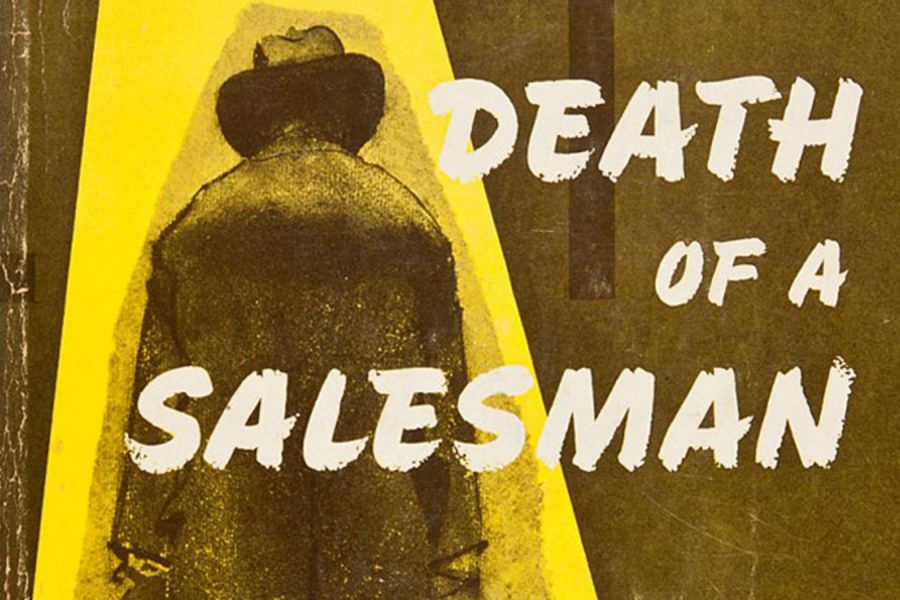It’s the statistic that sent chills up the spine of sales leaders everywhere. It’s not your ordinary, run-of-the-mill statistic that you can shrug off, either. This one strikes at the heart of the very existence of the sales role in business.
The statistic was reported by none other than the Marketing Leadership Council, a division of the prestigious Corporate Executive Board. Having surveyed 1900 B2B customers, they found that these customers will contact a sales rep when they have “independently completed about 60% of the purchasing decision process.”
The 60% number, surprising even the surveyors, varied little by business or industry. What does this mean for sales?
It means that salespeople are left responding to the terms and conditions predetermined by the buyer when contacted by them, not setting the agenda of the sale. In a word that means one thing and one thing only: commodity.
You need only look at the automotive industry to see the future of this powerful trend. What does a car salesperson do anymore except respond to the terms and conditions of the buyer? And if they don’t, that buyer will go down the street to someone who will.
What does this mean for B2B sales? Are we in need of a new version of Arthur Miller’s classic play, Death of a Salesman?
Yes and no.
YES: Certain Sales Styles Are on the Endangered Species List
The statistic stated above is just one of the ways sales have changed forever the last few years. As with any disruptive change, there are things that can adapt to the new environment and things that cannot. Two things that cannot are the people-pleasing sales style and hard-working sales style.
People-pleasing has been beat into the heads of salespeople since the book How to Win Friends and Influence People debuted in 1936. Salespeople on the whole are loathe to disagree with a prospective buyer for fear of damaging the relationship and losing the sale.
The problem is, when a prospect has completed the majority of the buying process prior to speaking with you, people-pleasing sends you down the path of deep discounts, razor thin margins, and diminishing profit. This path, too, is traveled by the hard-working sales style, faithfully responding to the demands of buyers and having to do more and more in every sale for less and less.
Not that we should be alienating people in the sales process, or failing to work hard when executing it. But doing these things as our default response doesn’t serve the buyer.
That’s right, it doesn’t serve the buyer.
Consider the recent rollout of the Affordable Care Act. Government officials came to web developers with the request to build an online platform for health insurance enrollment. Getting so-called “young invincibles” into the system was critical to paying for the reforms in the bill, and using technology to do so was deemed critical.
The problem was in the preconceptions that apparently no one had the courage to challenge. How do you get one-sixth of the nation’s economy online in a matter of months? Let alone coordinate this platform with all the different kinds of providers, myriad of federal agencies with their own web sites and proprietary software, as well as 50 states agencies, some of whom had opted into the program and some of whom had not.
Regardless of what you believe about the Affordable Care Act, its rollout was a train wreck of epic proportions, as checks written to the lowest bidder were cashed. No one is served by this approach, hard-working and people-pleasing though it may be.
NO: Smart Salespeople Are More Important Than Ever
What this means, then, is that smart salespeople are more important than ever to the buyers who need them and the businesses who employ them. Smart salespeople do three things differently than the people-pleaser and the hard-worker.
1. Smart salespeople push back with respect
Smart salespeople are not afraid to challenge the buyer. They don’t do this in an offensive way, always maintaining respect, but they do it nonetheless. The reason they do is that they have found that in a complex B2B environment, erroneous preconceptions can be formed that will end up hurting the buyer, especially when they’ve pursued the process independently.
Although these conversations may become uncomfortable at times, smart salespeople have learned how to master them because they are in the best interest of the buyer. As one smart salesperson told me recently, “The customer isn’t always right, but the customer is always the customer.”
2. Smart salespeople collaborate with their customers
When I got started in sales, I was repeatedly told, “Never ask a question you don’t know the answer to.” The thinking was, you must always control the sales conversation and not let it travel into the land of the unknown.
Just the opposite is true today. Smart salespeople ask lots and lots of questions they don’t know the answer to and take up permanent residence in terra incognita.
This dialectical process ends up serving both themselves and their customers. The complex global marketplace in which we work is filled with “unknown unknowns,” and no one has all the answers to the pressing problems we face. Multiple parties from multiple disciplines working together is what it takes to find lasting solutions. Smart salespeople facilitate this process through their strategic collaboration.
3. Smart salespeople arrive before the decision to buy is made
Finally, smart salespeople don’t wait until a decision to buy has been made to serve their prospects. They know that, by that time, it’s too late anyway. So they get there before a buying decision occurs.
How? Not by using clairvoyance, but by proactively providing value to their prospects. Smart salespeople set the agenda of the sale by becoming obsessed with the buyer’s challenges and bringing them ideas about meeting those challenges before they’re asked.
In this way they don’t say, “What’s keeping you up at night?” But rather, “Here’s what should be keeping you up at night!” And their prospects respond, “Wow, I’ve never thought of it that way before.”
That’s smart selling!
At the end of the day, smart salespeople are not seen as a salesperson at all, but as an important business partner. Salespeople like these are more important today than ever before.


